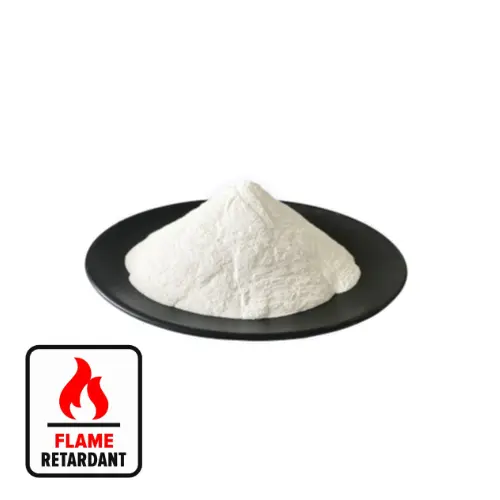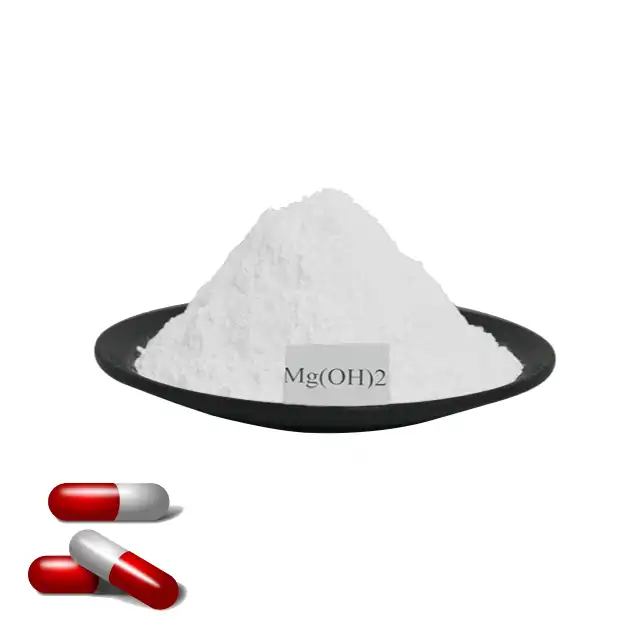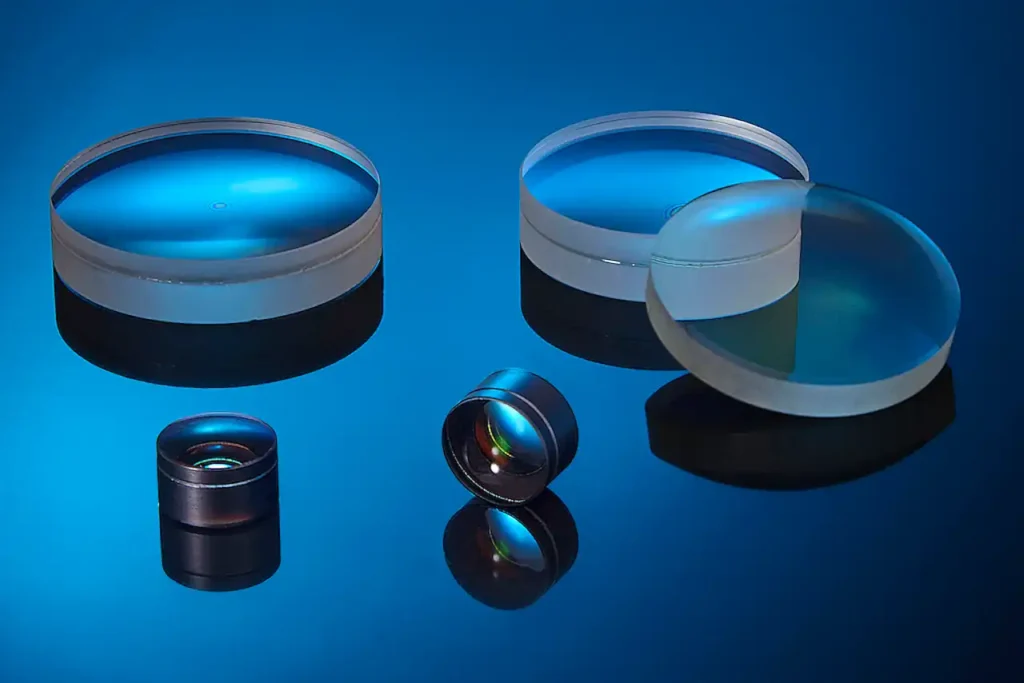Preparation of Magnesium Hydroxide
Magnesium hydroxide (Mg(OH)2) is an inorganic compound with a variety of industrial and medical applications. Common methods of preparation include:
Precipitation: a solution of magnesium salt is reacted with a base (e.g., sodium hydroxide or sodium carbonate).
Electrolysis: seawater or salt lake water is electrolyzed in an electrolyzer.
Pyrolysis: mixing a sodium hydroxide solution with a magnesium salt solution and then heating it to decompose.
Modification of magnesium hydroxide
In order to improve the performance and function of magnesium hydroxide, it can be modified. Common modification techniques include:
Surface modification: modifying the surface of magnesium hydroxide with organic or inorganic compounds to enhance its adsorption and dispersion.
Doping: introducing other elements or oxides into magnesium hydroxide to change its optical, electrical or catalytic properties.
Nanosizing: Preparation of magnesium hydroxide into nano-scale particles to increase its specific surface area and reactivity.
Compositization: Composite magnesium hydroxide with other materials (e.g. polymers, carbon nanotubes) to integrate their respective advantages.
Applications of Magnesium Hydroxide Modification
Modified magnesium hydroxide has potential applications in a wide range of fields, including:
Adsorbents and catalysts: for removing heavy metal ions from wastewater, catalyzing chemical reactions, etc.
Flame retardants: magnesium hydroxide is added to composites and polymers to improve their flame retardant properties.
Drug carriers: Due to its good biocompatibility, magnesium hydroxide is used as a carrier for drugs and gene therapy.
Battery material: as electrode material for lithium-ion batteries with high specific capacity and cycle stability.
Optical materials: modified magnesium hydroxide nanoparticles are used to fabricate optical devices and sensors.
By modifying magnesium hydroxide, it is possible to customize its properties and make it suitable for a variety of advanced applications. Ongoing research and development is helping to expand the range of applications for magnesium hydroxide and unlock its potential in advanced materials and technologies.




